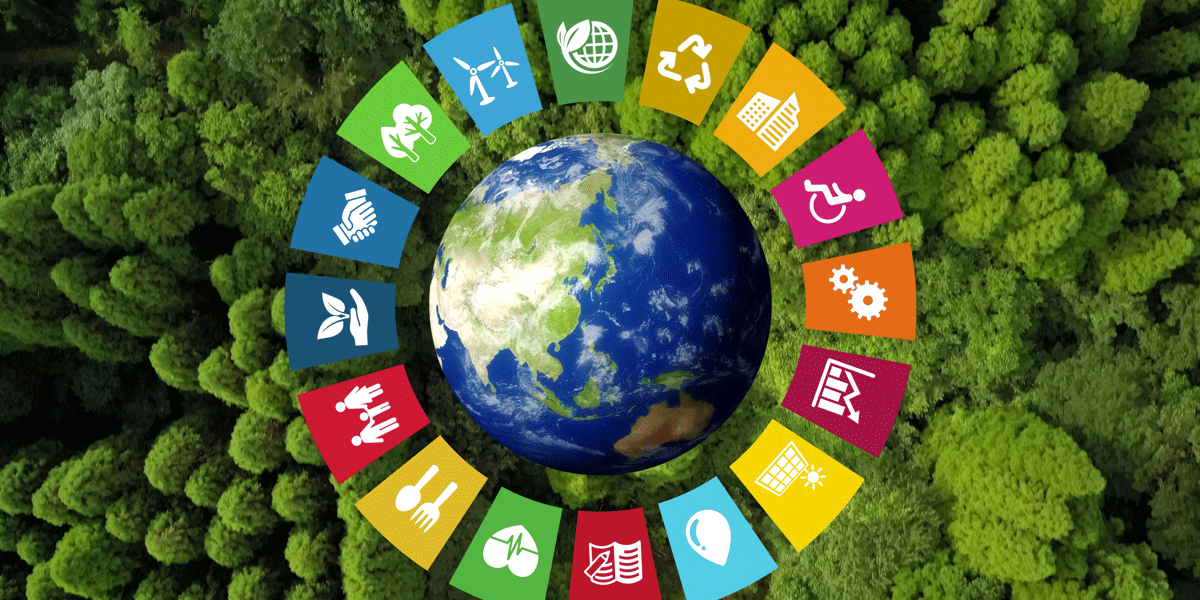Environmental Sustainability: simple definition | Prysmian Group

In the not-so-recent past, companies and communities consumed natural resources without taking into account the future impact of their actions on the world around them.
Since the 1970s, scientists began to understand the long-term negative consequences for human health and prosperity on unregulated natural resource consumption. This has led to changes in behavior by governments, companies, and people around the world.
According to the United Nation World Commission on Environment and Development, the broad definition of environmental sustainability is acting in a way that future generations will have the natural resources to live an equal, if not better way of life as current generations.
What does environmental sustainability mean in practice?
On a practical level, environmental sustainability simply means not using more resources than are available or not polluting in excess of the earth’s ability to assimilate the waste. This requires conserving natural resources as much as possible by eliminating waste, and not polluting the air, water and land during resource extraction and use.
Governments around the world regulate air, water and soil pollution; protect wildlife habitats, and forbid dumping of hazardous wastes. These regulations are enforced with fines and legal action. Each country sets its own rules, following global guidelines agreed at annual COP Climate Change meetings. Companies also can set additional targets and standards, using the United National Sustainable Development Goals as guidelines. Studies show that consumers are increasingly aware of the environmental impact of the products they use, and look for companies that respond to these concerns.

Who first coined the term “environmental sustainability?”
The environmental impact of man’s activity was evident to ancient Egyptian and Roman societies. In our own era, at the start of the 1970s British economist Barbara Ward (Lady Jackson), founder of the International Institute for Environment and Development, pioneered many of the concepts of sustainability. It was the UN’s Brundtland Commission set up in 1983 that popularized the term “sustainability” for the first time in its widely-read “Our Common Future” in 1987, also known as the Brundtland Report. It defined sustainable development as “development that meets the needs of the present without compromising the ability of future generations to meet their own needs."

What are some of the main issues or topics regarding environmental sustainability?
The main topics often shift over the years as new impacts emerge, and many of them are interconnected. Since 2000, Climate change caused by greenhouse gases from burning fossil fuels and resulting in global warming has become a dominant topic as the frequency and visibility of severe weather events has increased. Plastic waste is another key issue, particularly because of its impact on oceans and on human and animal health. Deforestation exacerbates the effects of climate change. The energy transition from fossil fuels to renewable energy sources like solar and wind power is necessary to stabilize climate change.
Why is environmental sustainability important?
Without environmentally sustainable practices, the Earth’s growing population and an economic model based on unregulated consumption is likely to exhaust the planet’s resources in the future, with severe and unpredictable consequences. Forecasts measuring the possible effects of climate change if greenhouse gas emissions continue on the current trajectory predict an increase in severe weather events like floods and droughts, which will affect farming and cause migrations and social upheaval. Unsustainable farming methods and meat-based diets could result in an unstable food supply with wild price swings. Polluted cities will lead to health problems, putting pressure on health systems and government finances.




